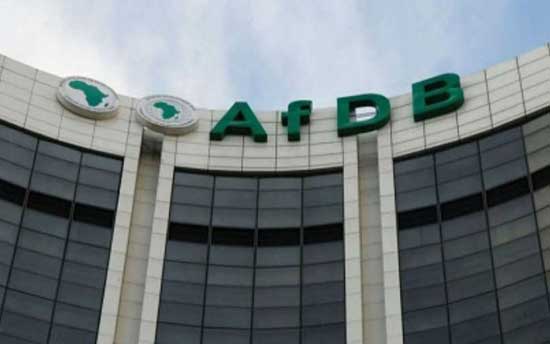- Unfortunately, there are children between the ages of eight to 14 who have never been to school. These children are in their formative years, ...

Written By Patrick Twumasi - Confucius once said “If your plan is for one year, plant rice. If your plan is for 10 years, plant trees. If your plan is for 100 years, educate children”.
Hence, education provision in Ghana remains an important component of every government since independence.
Unfortunately, there are children between the ages of eight to 14 who have never been to school. These children are in their formative years, hence there is the need for an intervention to enroll them into formal education.
Globally, out-of-school children and youth number up to 263 million; lower primary is made up of 61 million, 60 million for lower secondary and 142 million upper secondary.
Accordingly, UNESCO Institute for Statistics (UIS) indicates that more than half of children who have not been enrolled in school live in sub-Sahara Africa.
Fortunate enough, in Ghana, since 1995, these out-of-school children have been given a second chance to enroll into formal school through the Complementary Basic Education (CBE). The intervention develops the basic mother-tongue literacy and numeracy skills required for access to grades three or four of primary school through an accelerated approach, specifically targeted to the needs of these out-of-school children.
In addition, from the late 1990s to early 2000s, a number of non-state organisations have provided 150,000 out-of-school children with access to CBE and around 80 per cent have transitioned to formal primary education on completion.
The intervention has made significant progress in improving access to formal education.
Hence, the rate of out-of-school children reduced from 32 per cent in 2003 to five per cent in 2014 for age cohort six-14 year olds.
This programme takes these children through nine-month cycle of the CBE. The programme ensures 50 perc cent of the learners are girls. These cohort eight to 14 are children who have never enrolled and those who have dropped out of school after initial enrollment.
Further, the 2014 Ghana Demographic and Health Survey (GDHS) dataset that informed the out-of-school children incidence study, showed steady progress made in educational participation in Ghana. Therefore, between 2003 and 2015, the Net Enrollment Rate in primary schooling had increased from about 55.6 per cent to 91.5 per cent.
However, the geographical distribution showed that about 98 per cent of urban children had entered school at some point, compared to about 93 percent in rural areas. Despite, progress made in school access, it is still a nationwide challenge with the Northern, Greater Accra and Ashanti regions having the highest concentration.
The drawback to the progress in reducing the number of out-of-school children is the unavailability of formal schools in hard-to-reach areas to support the integration and mainstreaming of CBE graduates into formal schools, as well as prevailing cultural and socio-economic factors.
Others are premised on poverty and household size, children having to travel long distances to school in some areas suffice to say that, over 20 per cent of communities still do not have access to primary school.
The legal framework that underpins the CBE Policy is Article 25 (1) (a) of the 1992 Constitution of the Republic of Ghana. Again, the Free Compulsory Universal Basic Education (FCUBE) Policy of 1996, guarantees a free compulsory universal nine-year basic education including two years of kindergarten. Furthermore, the Education Act, Act 778 (2008) requires district assemblies to ‘provide the necessary infrastructure needs and any other facilities for the education of the population in the area of its authority’.
In addition, Sustainable Development Goal 4, also calls for an ‘inclusive quality and accessible education and promotion of lifelong learning opportunities for all’ The UN
Convention on the Rights of the child likewise requests of governments to ‘make primary education compulsory and available, free to all and ‘to ensure that the persons with disability including children have effective access to and receives education…. in a manner conducive to the child’ achieving the fullest possible social integration and individual development’.
It is commendable for the Ministry of Education to commit one per cent of the basic education budget to support the programme as it enters cycle six. This is a vivid indication of the country’s preparedness to rid Ghana of out-of-school children by getting every child to school.
The writer is Head, Public Relations of
Non Formal Education Division (NFED) of the MInistry of Education.
Tel :0507031278 E-mail:
















